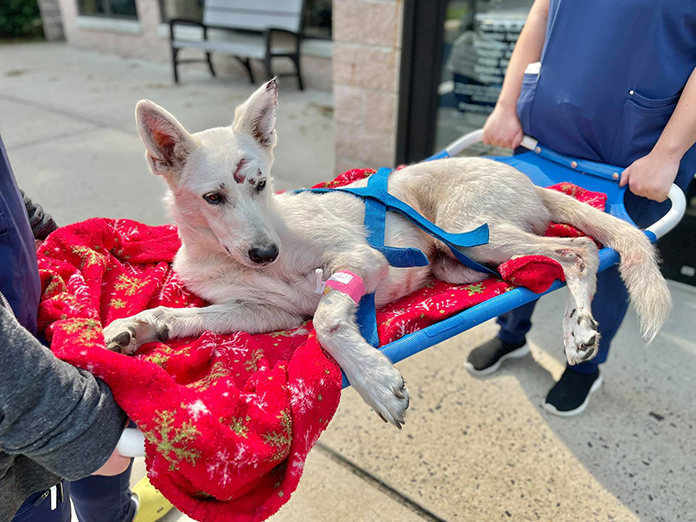- Homeless Puppies
- Injured Puppies
- Disable Puppies
- Mentally breakdown Puppies
- More
Homeless puppies
face immense challenges in the streets, exposed to harsh weather, hunger, and the risk of illness. Lacking access to proper care or shelter, they often rely on the kindness of strangers for food and safety. Many struggle to survive on their own, suffering from infections, parasites, and malnutrition. Without proper socialization, they can also become fearful and aggressive. Local shelters and rescue organizations work tirelessly to save these vulnerable animals, but the sheer number of abandoned puppies far exceeds available resources. Each day, these puppies face an uncertain future, desperately in need of love, care, and attention.

Toys
When selecting a toy pet, aim for one that promotes mental stimulation and engagement. Interactive toys, like puzzle feeders, not only entertain but also exercise your pet's brain, preventing boredom. Rotate their toys regularly to maintain their interest. For small animals like hamsters or guinea pigs, ensure they have tunnels, chew toys, and balls to explore. If you have a dog, a variety of fetch toys or tug-of-war ropes can keep them active and satisfied. These toys help maintain a balance of energy and fun, keeping your pet mentally sharp and physically healthy.

Avoid Isolation
Some pets, particularly dogs and certain cats, experience anxiety or stress when left alone for long periods. To prevent this, try to establish a consistent routine that includes regular interaction and exercise. If you need to leave your pet alone, consider hiring a pet sitter or arranging for a friend to check in on them. For dogs, avoid long durations alone by investing in interactive toys or food-dispensing puzzles to keep them engaged. You can also train them to enjoy their own company in small intervals, gradually building their comfort with solitude without excessive stress.

Emotional Connection
Companionship pets, like dogs, cats, or even rabbits, thrive on emotional connection and affection. Spend quality time with your pet daily through cuddling, petting, and play. Regular routines also help build trust and a sense of security. Dogs, for example, enjoy long walks or playtime with their owners, while cats might prefer quiet time together, like sitting on your lap. Be aware of their emotional needs and provide a comfortable space for them to rest. Creating a strong bond with your pet fosters a sense of safety and happiness, promoting long-lasting companionship and trust.


